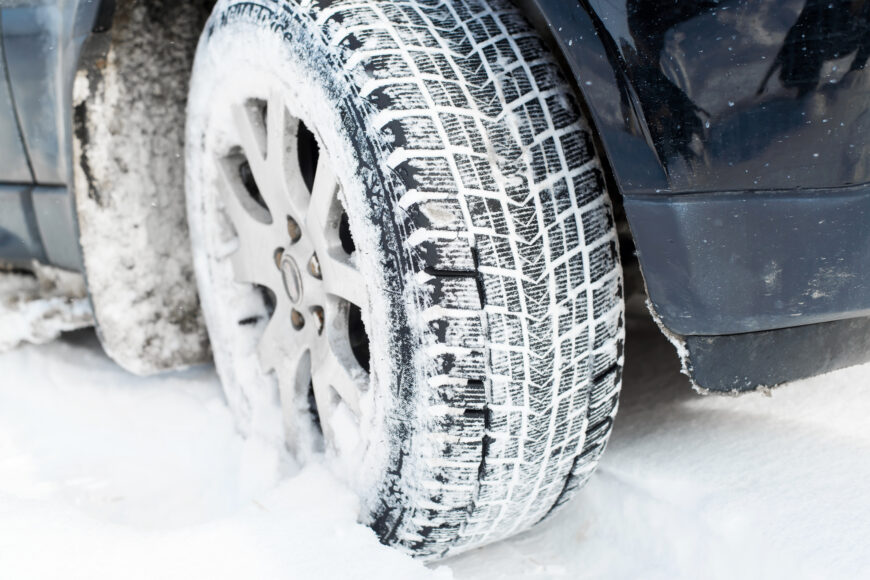- October 6, 2023
- By Tess
- In Uncategorized
- 508
- 0

Winter is a challenging time for all vehicles, but diesel trucks face unique challenges due to the nature of their engines and fuel. Properly winterizing your diesel truck is essential to ensure it starts reliably, runs efficiently, and keeps you safe in cold weather. In this comprehensive guide, we will take you through the step-by-step process of winterizing your diesel truck, covering crucial aspects such as antifreeze, battery maintenance, cabin heating, and more.
Ensure your truck’s coolant mixture is appropriate for winter temperatures. A mix of coolant and water at the right ratio (usually 50:50) prevents freezing and provides adequate protection against overheating.
Check for coolant leaks, including hoses, radiator, and the water pump. Any leaks should be addressed promptly to prevent a loss of coolant, which can lead to engine overheating.
Cold weather can strain your truck’s battery. Have it tested to ensure it’s in good condition. Replace a weak battery to prevent starting issues in freezing temperatures.
Clean the battery terminals and cable connections to ensure a strong electrical connection. Loose or corroded terminals can lead to starting problems.
If you live in an extremely cold climate, invest in a battery blanket or heater to keep the battery warm during the night, preventing it from losing charge.
Fill up with winter diesel fuel, which has additives to prevent fuel gelling in cold temperatures. Gelled fuel can clog fuel filters and lead to engine problems.
Consider using a diesel fuel conditioner to improve cold-weather performance. It prevents fuel from gelling and enhances combustion, ensuring smoother engine operation.
An engine block heater is a valuable addition in cold climates. It keeps the engine warm, making starting easier and reducing wear during cold starts.
Connect the block heater to a timer set to turn on a few hours before you plan to start your truck. This conserves energy while ensuring the engine is adequately warmed.
Invest in a set of quality winter tires. These tires offer improved traction in snow and ice, enhancing safety and control.
Monitor tire pressure closely during the winter months. Cold weather can cause tire pressure to drop, affecting handling and fuel efficiency.
Ensure your truck’s cabin heater is working correctly. If you notice any issues with heating or defrosting, have it inspected and repaired.
Prepare an emergency kit for your truck, including blankets, a flashlight, non-perishable food, and extra clothing. These supplies can be a lifeline in case of an unexpected breakdown in cold weather.
Winterizing your diesel truck is not just about convenience; it’s about safety and preserving your vehicle’s performance. By following these steps and being proactive about maintenance, you can ensure that your diesel truck starts reliably, runs efficiently, and keeps you comfortable during the coldest months of the year.





